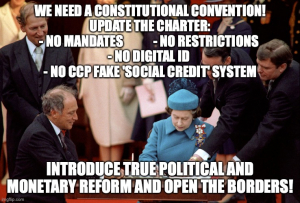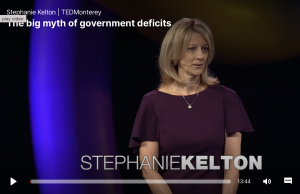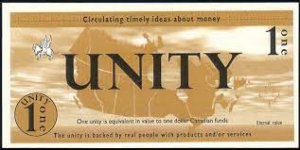A few months ago I visited a friend of a friend at the new home he had recently purchased. The house itself was a suburban stand-alone dwelling in a quiet and, by all impressions, pleasant neighbourhood. As we entered through the front door, there, on the ground, stood a computer, or rather a series of computers, all hooked up together with countless wires. The main screen revealed that these computers were busy, feverishly busy, engaged as they were in all sorts of apparently endless computations. In an instant, I realized what I was witnessing: a mining operation, as in “mining for cryptocurrency”[1]. And, sure enough, this friend of a friend was “mining” Ethereum, a cryptocurrency that was introduced in 2015.













